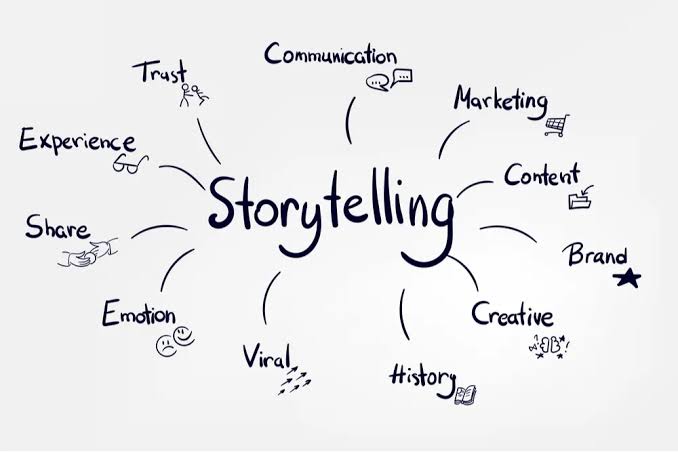Brand storytelling is an amazing way to connect with customers on a deep level. When done right, it can create lasting memories and relationships that drive real results. More than just marketing, great stories tap into people's emotions and shared experiences. They show customers you understand them and care about the same things. This builds serious trust over time and demonstrates the power of brand storytelling.

Stories are how brands become real people instead of faceless companies. Sharing honest tales about where you came from and what you stand for lets people see the heart and soul behind the product. It makes choosing your brand a personal choice, not just about features. Loyalty comes from these genuine human connections.

Of course, the goal is always growing the business! Compelling stories have the power to change minds and get people excited to take action. They inspire buying decisions, loyalty, and word-of-mouth reactions. With creativity and care, brands can craft narratives that tap into desires and solve problems - turning listeners into lifelong fans and advocates.
To unlock this potential, a lot of focus on strategy around what makes your brand unique is needed. Know your audience inside and out so stories resonate deeply. Bring tales to life with emotion, authenticity and consistency across channels. Measure impact and keep improving. With the right techniques, brand storytelling is a game-changer for any business looking to truly engage customers. The rewards are well worth the effort!
The future of brand storytelling

The future of how brands tell their stories is always changing as technology and customer preferences evolve over time. Here are some trends that will shape brand storytelling:
- Brands will create more immersive experiences that let customers engage with the brand on a deeper level. Virtual reality (VR), augmented reality (AR), and interactive stories will allow brands to transport people into brand worlds where they can experience the story firsthand.
- Brands will offer more personalised and customised storytelling tailored to each person's preferences and behaviours. Brands will use data and artificial intelligence (AI) to give people recommended content and chatbots to guide them through brand stories in a personalised way.
- User-generated content and co-creation will become an important part of brand storytelling. Brands will harness people's creativity and authenticity to amplify their brand stories. By inviting customers to share their own stories and perspectives, brands can create content together that resonates more and fosters a sense of community.
- Transmedia storytelling means telling one story across many formats like social media, videos, podcasts, blogs and events to immerse people in the brand narrative in new ways.
- Purpose-driven storytelling will be key as brands use their stories to advocate for social and environmental causes and promote positive change. Aligning with meaningful values resonates with customers and drives loyalty.
In the future, brand storytelling will be dynamic and multifaceted, shaped by technology, customer behaviour and culture. By embracing new technologies, leveraging data and staying true to their purpose, brands can tell compelling stories that resonate with people, inspire action and lead to long-term success.


